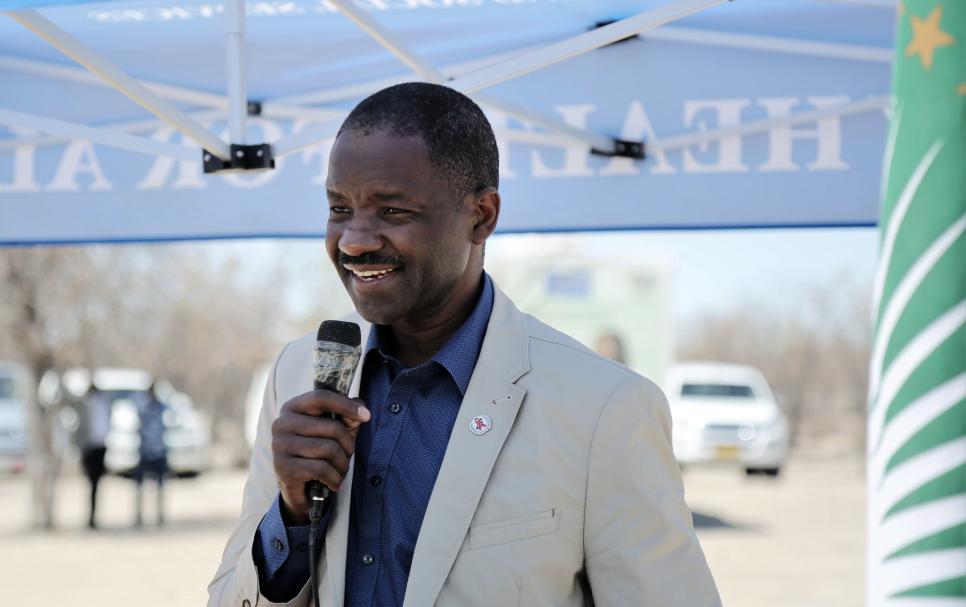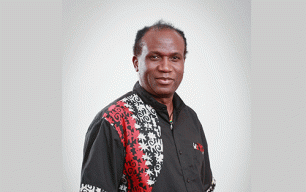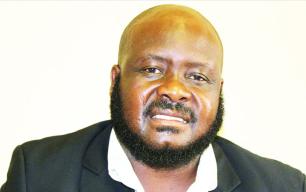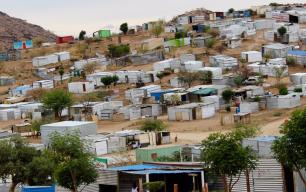Haufiku advises stronger lower-tier facilities

• By Stefanus Nashama
Former health minister, Dr. Benhard Haufiku, has called for the strengthening of Namibia’s health system at regional and district levels, describing it as the only sustainable solution to chronic overcrowding at health facilities in Windhoek.
His remarks follows the recent launch of a decongestion strategy by incumbent health, Dr. Esperance Luvindao, through which the ministry will collaborate with medical officers from the private sector to provide pro bono health services at Katutura Health Centre (KHC) during peak hours.
Ministry spokesperson Walters Kamaya confirmed that as of 1 July 2025, 11 private doctors have joined the night shift team at facility. Previously, only three doctors manned the night shift.
Speaking to Confidente on this week, Haufiku emphasised that the long-standing congestion at public hospitals, particularly Katutura, stems from a shortage of medical personnel and a lack of adequate infrastructure in regional facilities.
"[The] overcrowding [being experience] is the result of weak district and regional capacities. If we want a lasting solution, we must equip these lower-tier facilities," Haufiku stressed. He insists that the root of the problem lies in the uneven distribution of resources and care. Citing the Katima Mulilo State Hospital as an example, he explained: “If it had a fully equipped intensive care unit (ICU) with trained personnel for both adults and pediatric patients, they would not have to be referred Windhoek which is over 1,000km or even to Rundu which is 500km away.”
He argued that basic life-saving infrastructure, such as ICUs, and qualified staff in regional hospitals would not only reduce the pressure on Windhoek but also save lives and keep patients within their communities, cutting transport and accommodation costs, while preserving dignity and family support systems. According to Haufiku, many referrals to Windhoek could be avoided if regional and district hospitals were equipped to meet minimum standards and with the necessary tools and trained personnel. He further recommended reviving and expanding the medical outreach programme to ensure essential services are available at lower-level facilities. Haufiku underscored that no country can overcome its health challenges without a strong, resilient and community-rooted public health system. “Let me say it loud and clear, a robust public health system is not a luxury. It is the foundation of all successful healthcare interventions,” he reiterated. Luvindao’s predecessor, Dr. Kalumbi Shangula, was not able to comment on the matter.
“I am currently in the village attending to similar issues,” he explained. Meanwhile, a medical graduate, speaking on condition of anonymity, commended the ministry’s collaboration with private doctors but raised concerns.
“While it is a commendable move, these doctors may be exhausted from their own practices. The only sustainable solution is to employ more doctors and recent graduates and to strengthen regional and district facilities.”
- 201 views










Comments